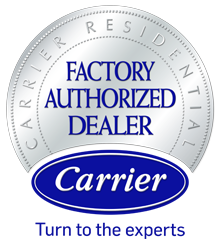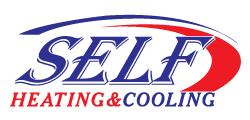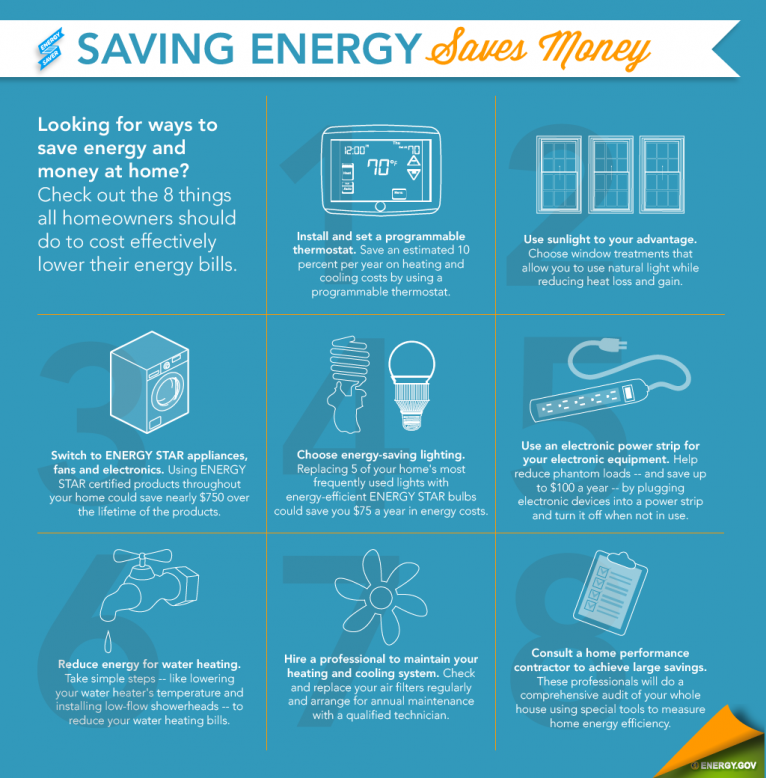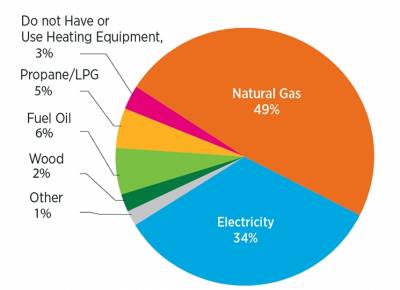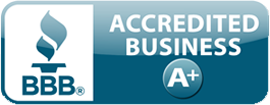If it seems like your skin is dryer, you get zapped with static shocks more often, and you wake up frequently with a stuffy nose, you're not just imagining things—you're experiencing the effects of low humidity.
Even if you live in an area that has hot and humid summers, the drop in temperature that accompanies winter sucks the moisture right out of the air. Decreased moisture has a host of negative side effects ranging from increasing your chances of getting a cold or sinus infection—dry respiratory tissue is more susceptible to irritation and infection—to the paint and wood work in your home cracking from lack of moisture.
If you've ever looked at a vase of flowers in January and sworn you just filled it up with water and it needs a refill again, you're seeing just how thirsty the dry winter air in your home really is. More effective are stand alone and whole house humidifiers that mechanically inject moisturized air into individual rooms and the entire heating system of a home, respectively.
For more information on humidifying your home, call us at Self Heating & Cooling!


